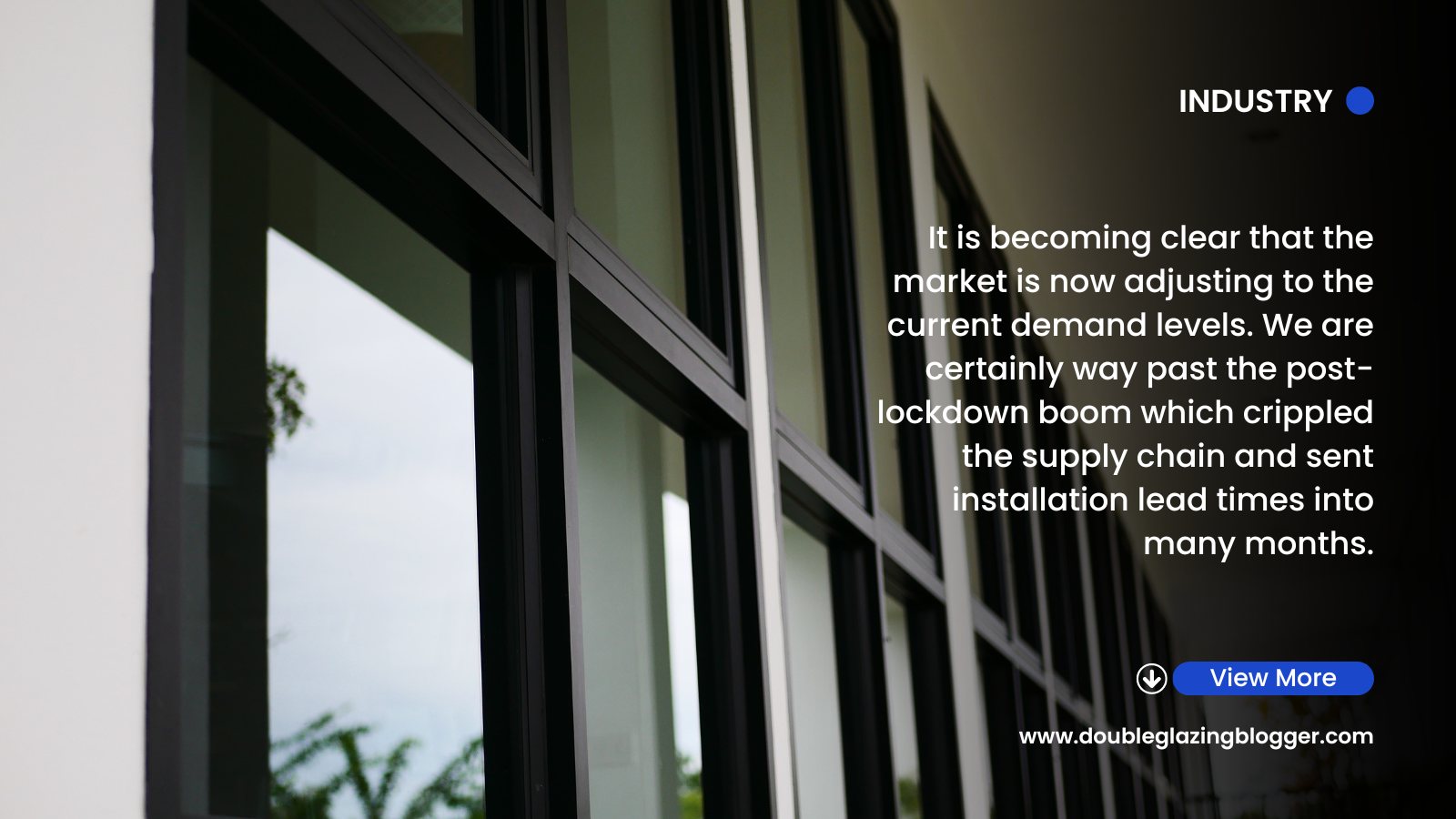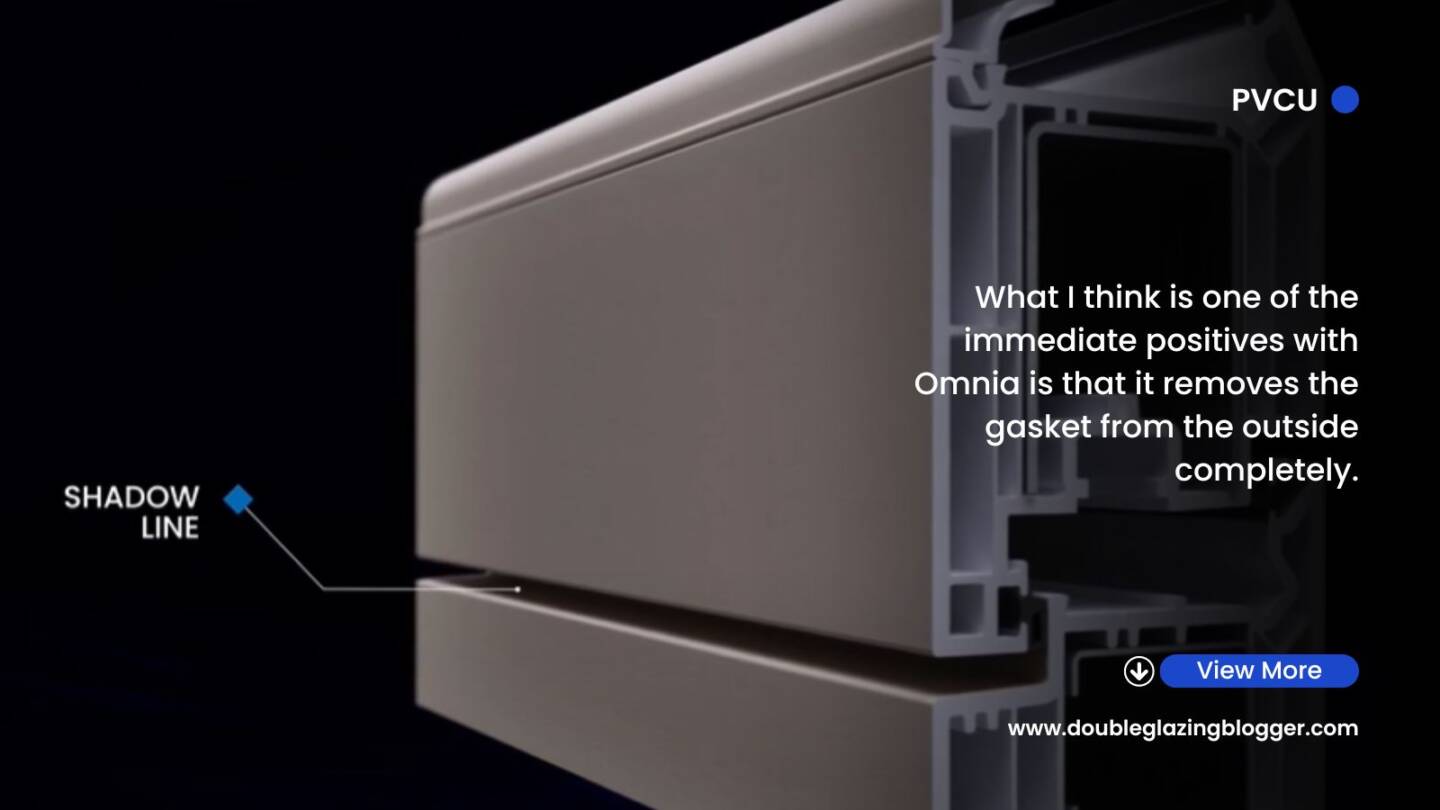The internet is an almighty thing is it not? There’s almost nothing it won’t allow you to do. You can communicate across the world instantly. Buy anything you like and have it delivered to your door, even on the same day! Food can be ordered and be delivered, whilst not getting up out of bed. It’s made the world a much smaller and better connected place. But one thing it cannot do is allow you to feel and experience products in your hands, at least not yet anyway. So when it comes to shopping for big ticket items, like windows and doors for example, this is where a showroom becomes a powerful sales tool.
In this internet driven world, here are five reasons why showrooms in the window and door sector are still important.
Hands on
The showroom remains now, and forever will be, the best place for a home owner to get their hands on the potential products they’re buying. A screen won’t let you do that.
Whilst research and creative ideas can be accomplished online, it is only by visiting a showroom that a home owner can properly understand how our products are made, the options they come in, the build quality and so on. When it comes to trying to secure a sale, getting potential clients to get up close and personal to the products always helps.
Your domain
As sales people and installation companies, the showroom is your domain. It’s your most ideal place to create the ideas, the dreams and the desire for the home owner to buy your product. You can do this to some extent in the home, but there are a lack of big visual cues to back you up.
The showroom is the single best place to demonstrate to the customer the standards that your company works to both in the realms of products and craftsmanship. So make it a great one. Make it a place that when people walk in it takes them by surprise and peaks their interest. Remember, many customers are going to have to spend thousands of pounds for the sake of their home. It makes spending that money a little bit less painfully if they can get excited about the purchase.
Hub of ideas
Following on from that last point, a showroom should be a buzzing hub from which home owners can start to create ideas about how their new windows, doors or glazed extension might look like. For some people, they may know they need new products, but have absolutely no idea what they want or how they should look.
This is where a cleverly created showroom gives them enough inspiration to come up with their own ideas. And it should be their ideas. As sales people, we’re here to guide and be helpful when called upon, more like a designer or consultant than a sales person. The showroom, the room full of products, options and ideas are the suggestions to which clients form their own ideas.
A physical presence
Away from what is inside a showroom, the mere fact that a company has a showroom is a confidence boost to home owners. Many times in the past I have signed up clients and one of their passing comments has been that they liked the fact we had offices and a showroom because they knew exactly where we are and if they needed to come visit us again in the future, no matter what that reason might be, they knew there was physically a place to come and see us.
We’re still a sector tainted by the spectre of the cowboys and the rogue OMBs. I’d also like to point out that there are plenty of very skilled, high quality OMBs! But it’s that fear of the rogues, the ones with a mobile number on the back of a van and no fixed address that sends home owners the other way.
Industry support
Now this particular point has only become relevant in the past few years as fabricators and suppliers have built up their own dedicated installer networks. Showrooms are still important as some fabricators will only accept installers if they have a showroom. If they do, then those installers can expect to be promoted to home owners via the fabricator’s own marketing platforms to home owners, with the end result being more leads for the installer and more product sold and produced by the fabricator. This can also bring it’s own marketing support in the form of literature, brochures, website support etc. All because installers had a showroom in which that fabricator could put their products in and show them off.
If you don’t have a showroom, often you won’t qualify for such things, or at least you’d get a watered down version of it. Is this right? Should all installers, be it those with or without a showroom, be treated the same and be given all the same benefits. Or should fabricators be doing what they believe is right for their business in the long term? It’s a tough question, and one I’m not sure I have the answer for yet.
There are plenty of small installers out there who do good business minus a showroom. And that is obviously great news and proof that their business model works. But for me, to help long term growth and expansion, office space and showroom space is needed to facilitate those aims.
What do you think? Please join the conversation and leave your comments via the section below. Also, join the 450 industry professionals who now get daily DGB updates sent to their inbox to make sure you don’t miss an article.






At Purplex we’ve invested heavily in showroom web pages for our window installer clients. With s many product variations from colours and materials to hardware and glass options, there is nothing better for a client but to actually see and touch the products they are interested in buying. And that physical location is a big plus point in terms of trust, as mentioned by DGB, it’s also important for local search results as well. Long live the showroom :)
Personally I think the showroom is the tool to help you up sell. It should be where you get your potential client to see what they could achieve. Too often, the glazing industry relies on the home sale, price on the night model, and my greatest fear is that this means selling the lowest common denominator. In the best showrooms, you can present options, and that is how you upsell. You can do it with pictures and samples but there is nothing like seeing it, slamming it and opening it.
A very interesting post. A showroom is crucial in selling and marketing fully customisable products……one of the sub questions not covered is why some retailers have internal showrooms and why some have external show sites.
This could be the subject of another post Jason.